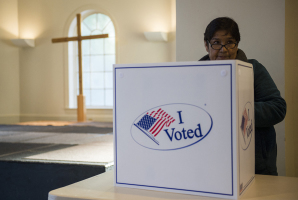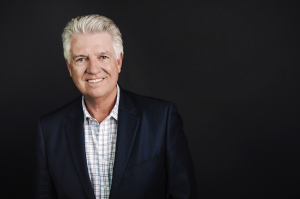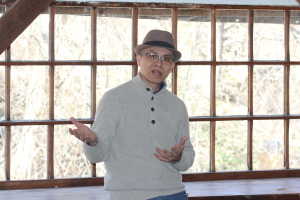John Grano and Richard Land
Editorial
Latest
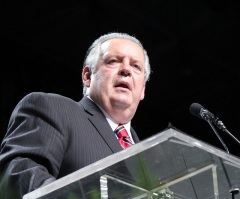
Ask Dr. Land: Is it OK for people's religious faith to influence their role in public office?
As we anticipate President Trump’s nomination of a candidate to replace the late Associate Justice Ruth Ginsburg on the Supreme Court, this is a valid and relevant question to ask.
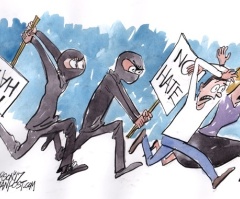
Ask Dr. Land: Why do so many young Americans hate their country's heritage?
So why are so many of our young adults rejecting this widely held view which is a truly glorious heritage?
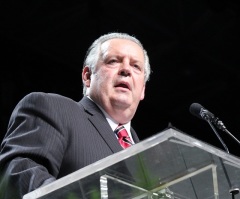
Ask Dr. Land: Do ‘white privilege’ and ‘critical race theory’ policies reduce racism?
“White fragility” says that if you are a white American, you are a racist. If you deny you are a racist, that “proves” you are a racist.
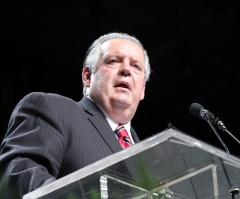
Moral failure of church leaders and Christian response
In the wake of what appears to be a steady stream of moral failures, how should Christians respond individually and corporately?
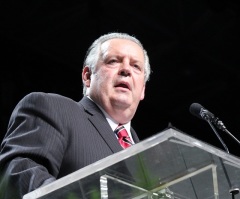
Ask Dr. Land: Does MLK's dream still inspire Americans today?
Question: Does Dr. King’s transcendent dream still inspire the American people?Yesterday, August 28, 2020, was the 57th ...
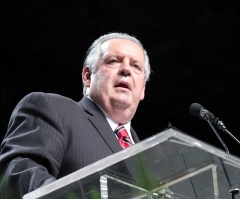
Ask Dr. Land: How should Christians respond to Black Lives Matter?
While nearly all true Evangelicals affirm that “black lives matter” as a subset of “all human lives are sacred,” we must separate ourselves emphatically from the Black Lives Matter (BLM) movement.
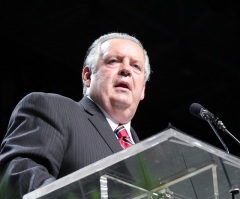
Ask Dr. Land: Why is Billy Graham's statue being installed in US Capitol important?
Who was Charles Brantley Aycock? This is where the story gets really interesting — and encouraging.
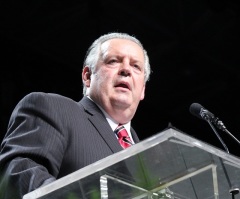
Ask Dr. Land: Was it immoral to drop atomic bombs on Japan?
Yesterday, August 6th, the world commemorated the 75th anniversary of America dropping an atomic bomb on Hiroshima, Japan, thus commencing the “atomic age.”
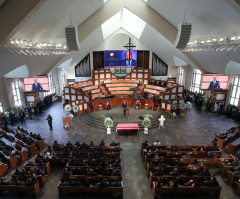
How important is John Lewis’ legacy?
John Lewis lying in state in the Alabama State Capital in Montgomery, where Gov. George Wallace had proclaimed, “Segregation Now! Segregation Tomorrow! Segregation Forever!” is a powerful image for people of my generation.
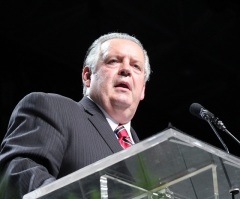
John Lewis: An American treasure
Until the end of his life, Congressman Lewis never strayed from his bedrock, foundational belief that the nonviolent power to forgive was redemptive to all concerned — victim as well as victimized.





